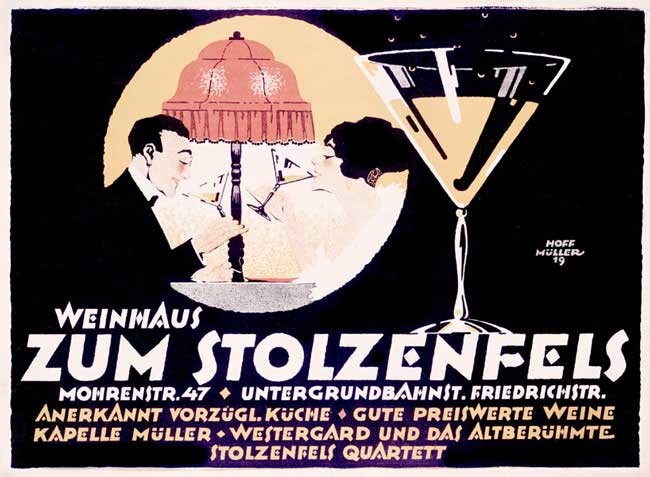
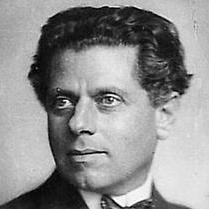
Max Reinhardt
Vienna-born Max Reinhardt was the father of the modern German cabaret and a leading light in the revolution in German theatre that happened in the early years of the twentieth century.
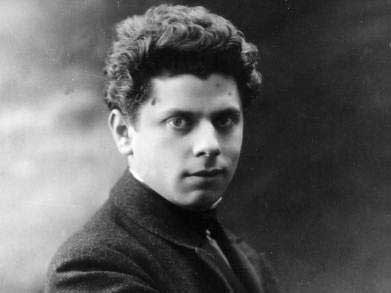
Coming to Berlin in 1894, he joined the Deutsches Theater and soon made a name for his himself playing older characters, but was already planning to create his own experimental stage for unknown and inexperienced actors.
He founded his literary cabaret Schall und Rauch in 1901 as an occasional evening for an invited audience before moving into a specially-designed theatre on Unter den Linden. However, the financial constraints of running a theatre forced a move into the safer territory of one- act plays and by 1903 the venue had been renamed the Kleines Theater and any pretence of it being a cabaret had been dropped.
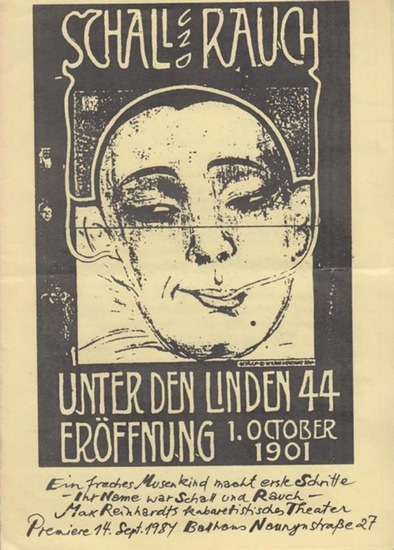
Over the next few years Max Reinhardt would begin to build a theatrical empire. He took over the Neues Theater in 1903, followed by the Deutsches Theater in 1908. He soon added the Volksbühne to his empire and after the war, acquired the Zirkus Schumann, commissioning architect Hans Poelzig to transform it into the 3,500-seat Großes Schauspielhaus, which debuted in November 1919. It was here in December of that year that Reinhardt revived his cabaret venture Schall und Rauch to very mixed reviews.
In the 1920s he went on to direct the Theater am Kurfürstendamm and its neighbour the Komödie am Kurfürstendamm to great acclaim.
He was also working in the US at this time and in 1927 directed a hugely successful stage production of A Midsummer Night’s Dream. A film version followed in 1935 starring James Cagney, Mickey Rooney and Olivia de Havilland.
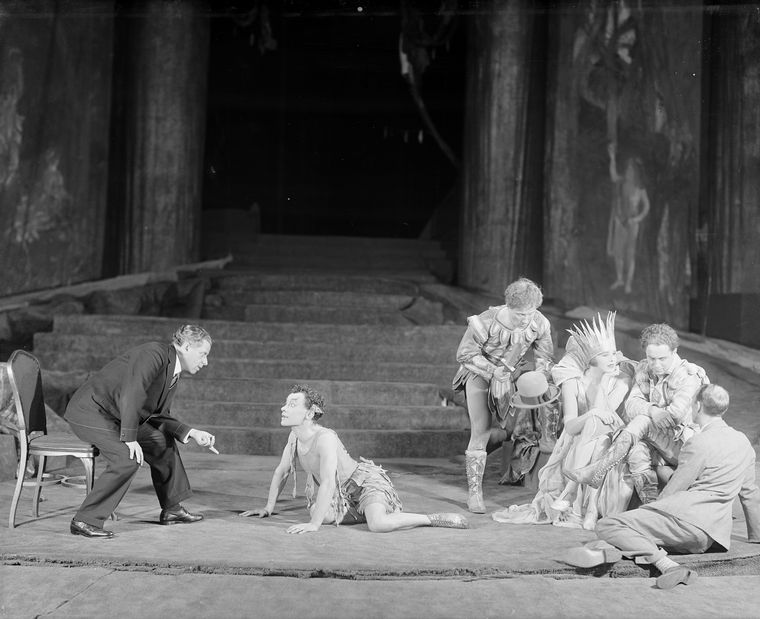
He fled Germany in 1938, first to Britain and then to the US where he established the Reinhardt School of Theatre on Hollywood’s Sunset Boulevard. He became a US citizen in 1940, and died in New York in 1943.
